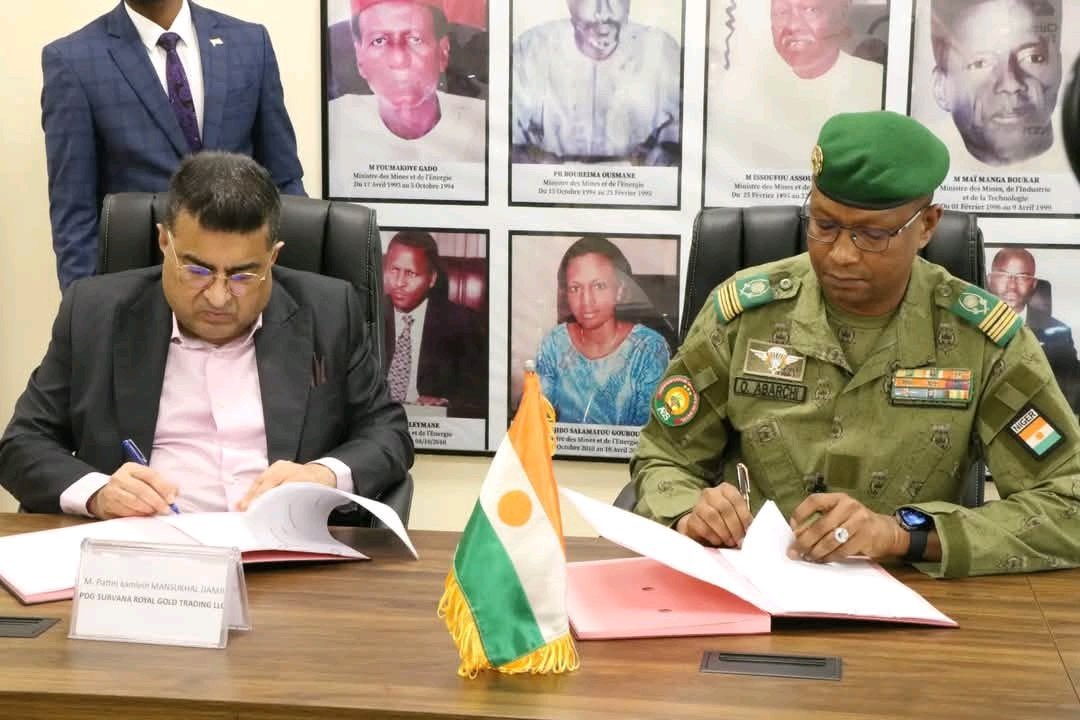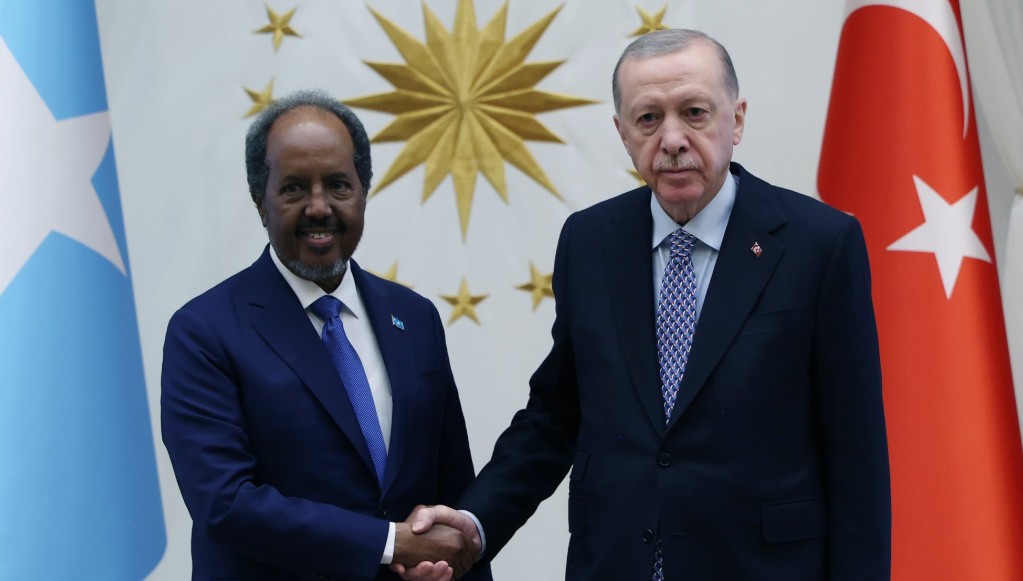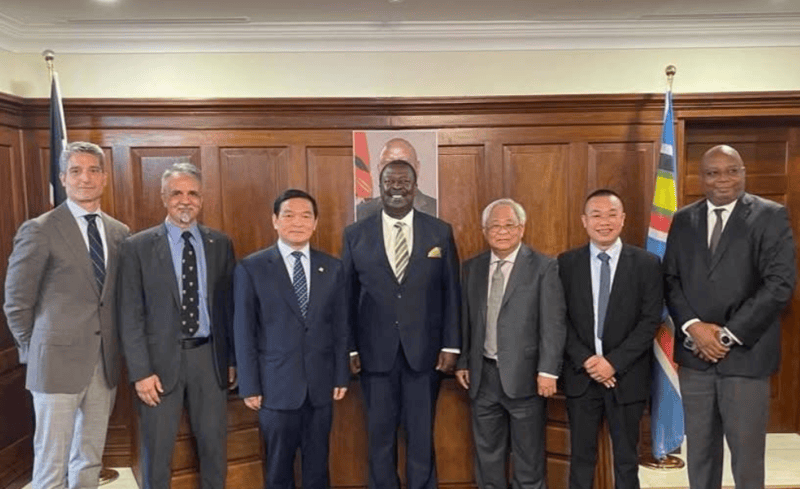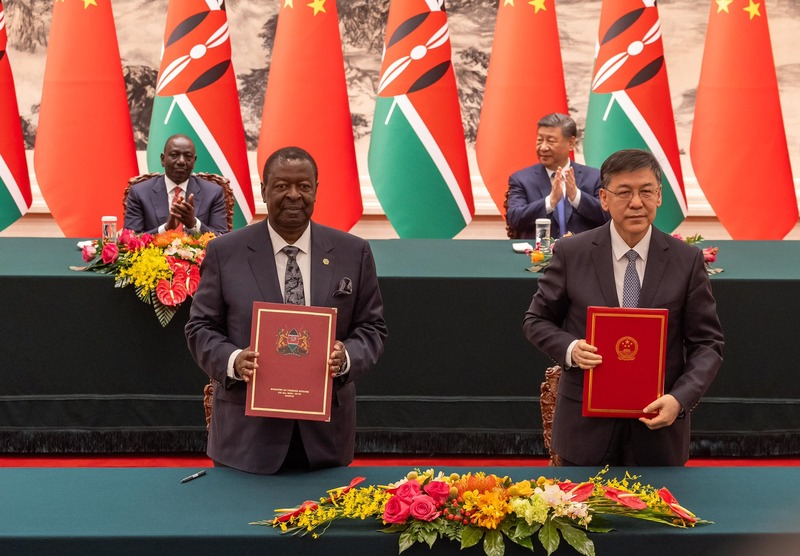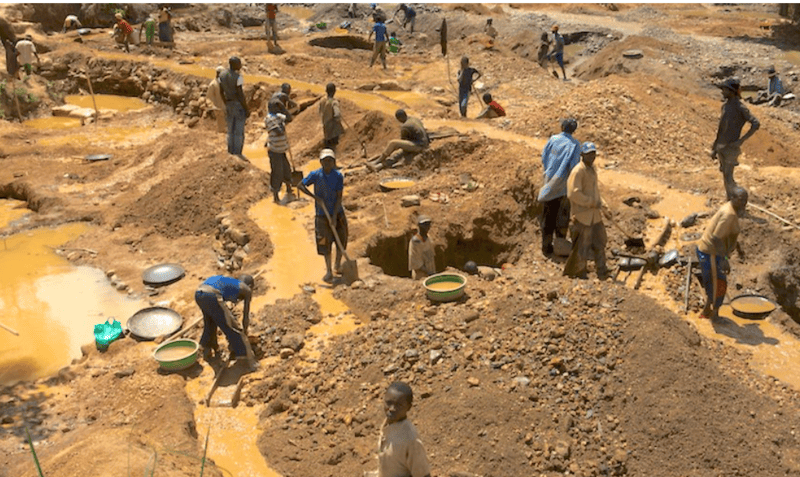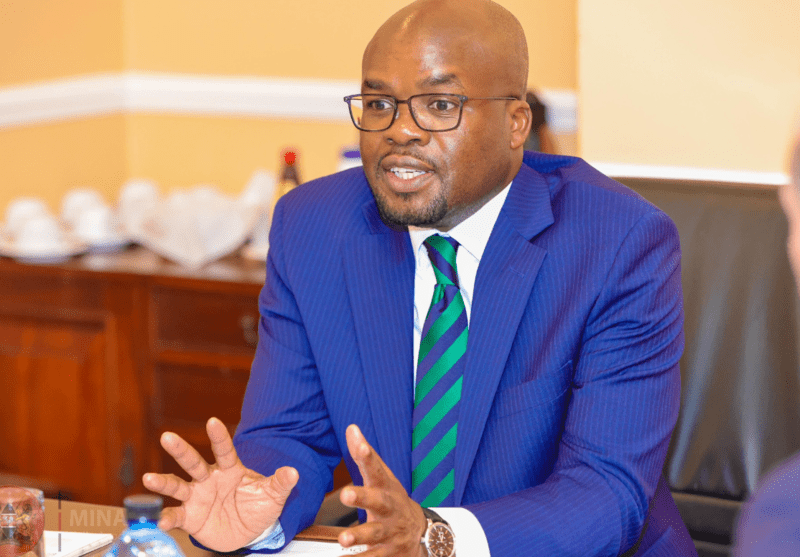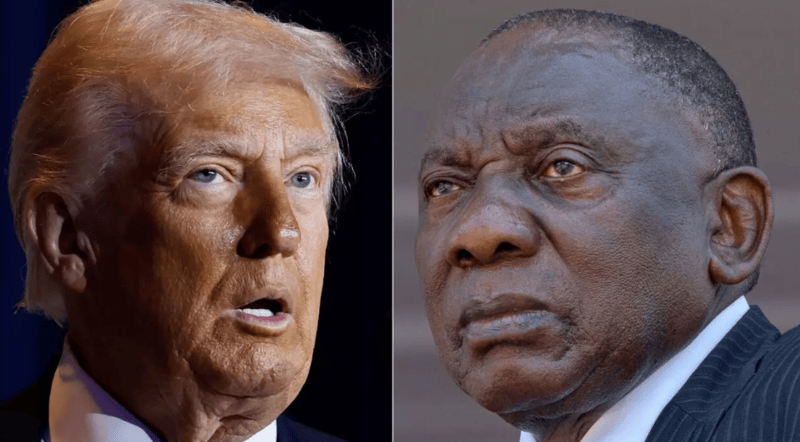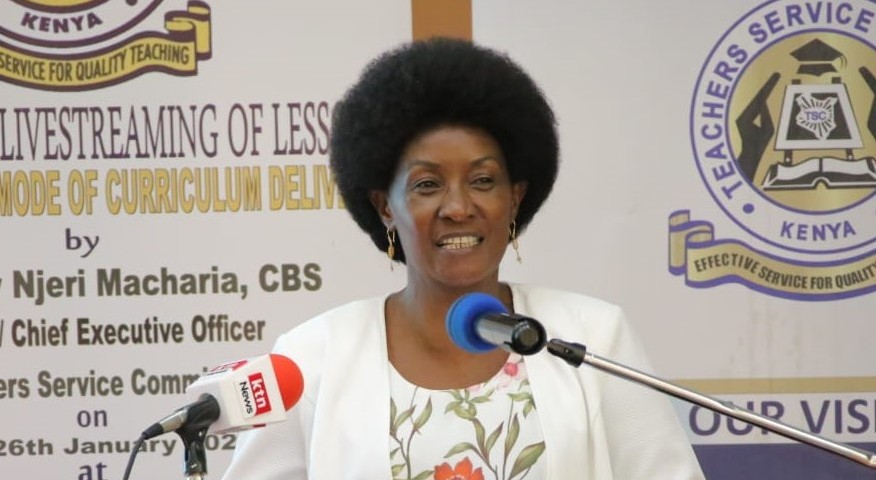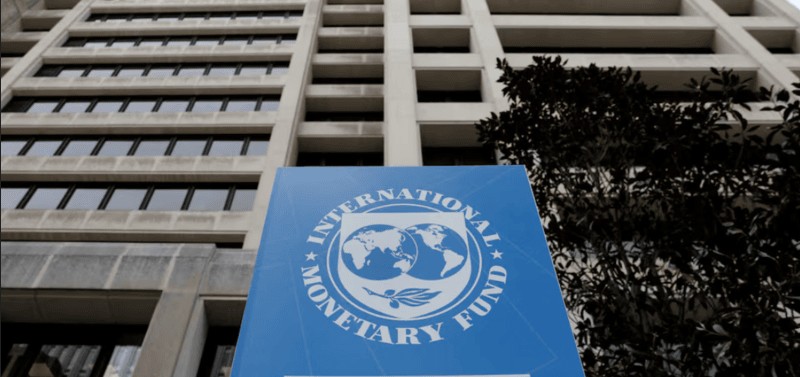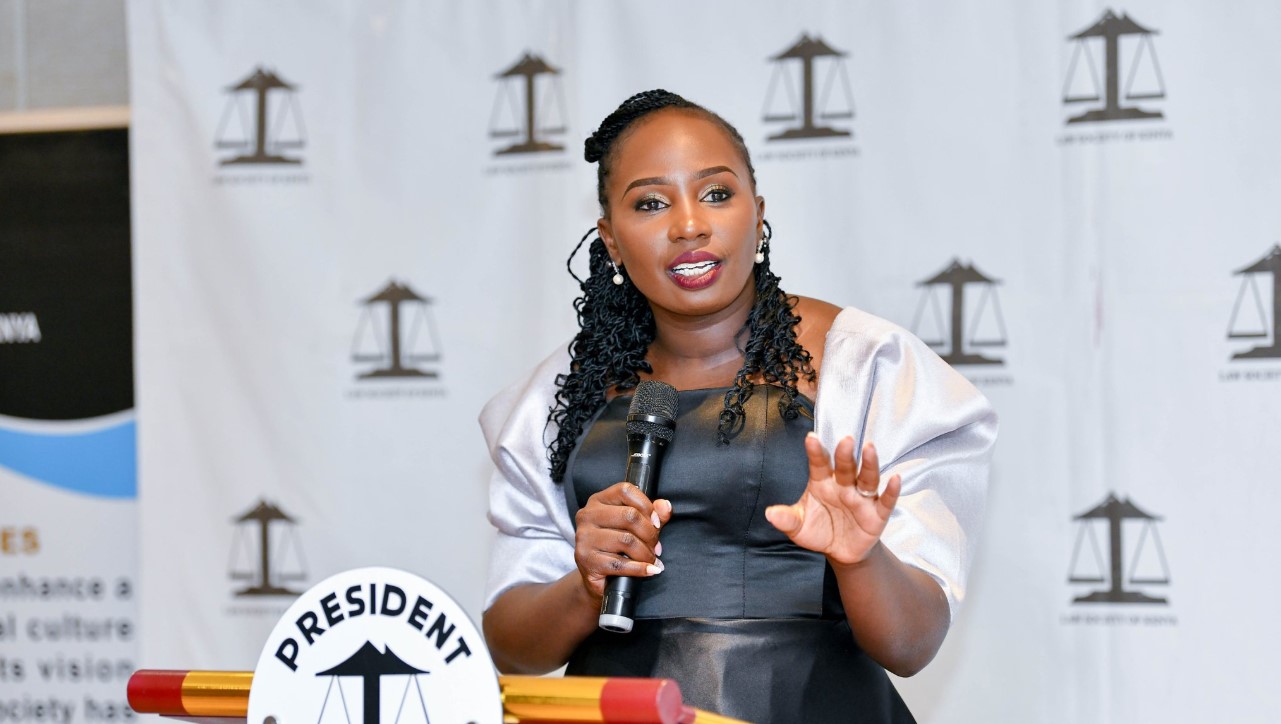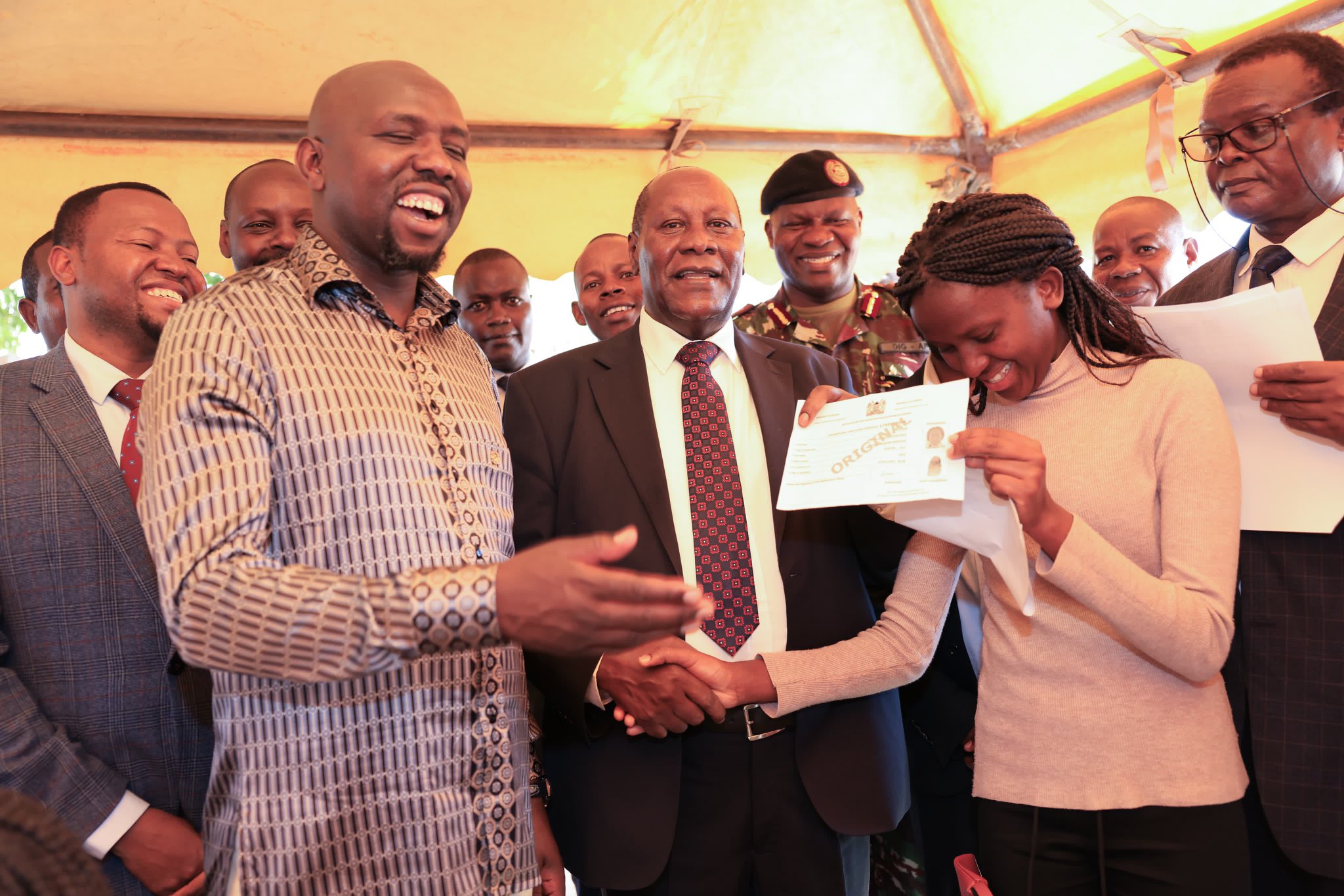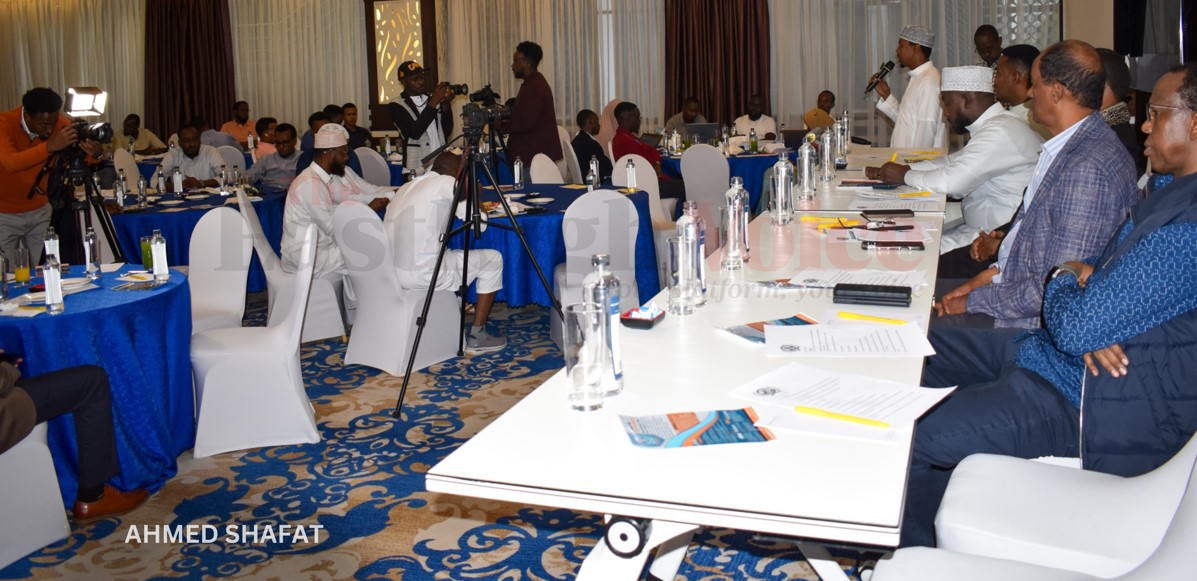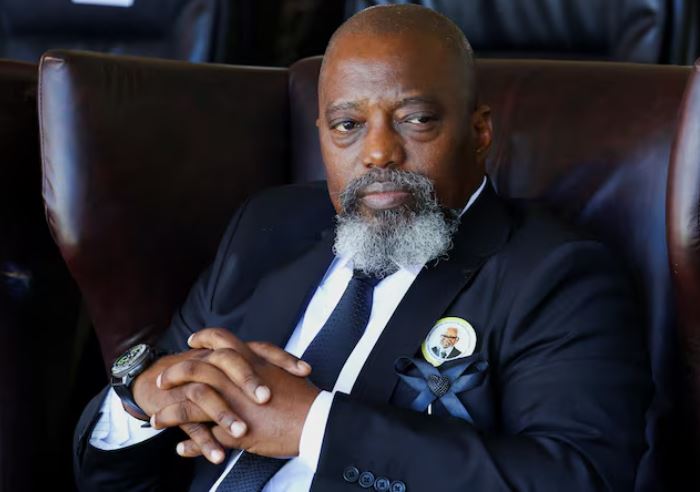Somalia and AU call for sustainable support to AUSSOM peacekeeping mission
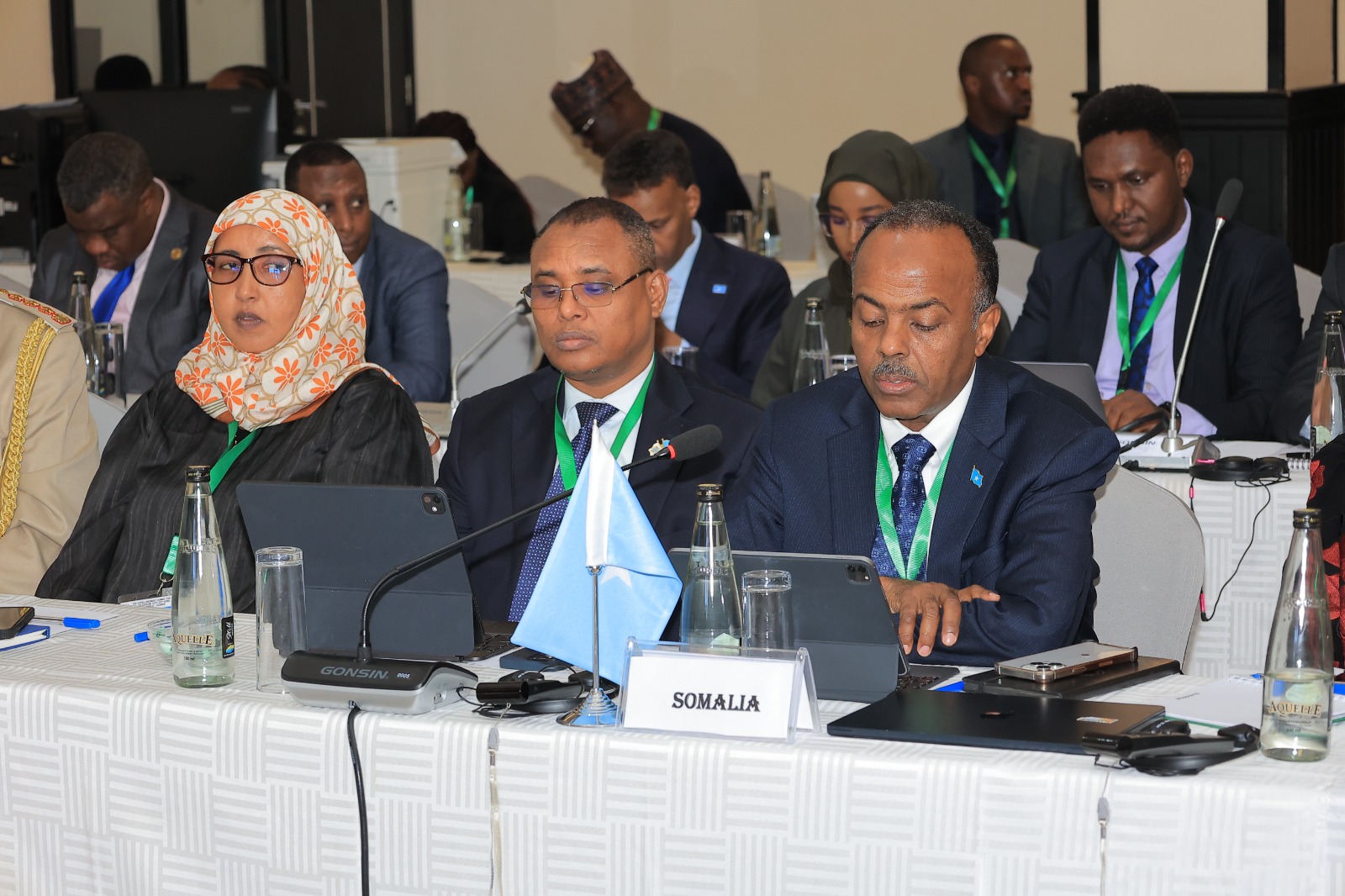
AU Chairperson Mahmoud stressed that the world cannot afford the failure of the AUSSOM peacekeeping mission and called for collective efforts to continue supporting it, to bring lasting peace and stability to Somalia.
A high-level meeting held in Kampala on Thursday, attended by the Chairperson of the African Union (AU) Commission, Mahmoud Ali Youssouf, defence ministers from countries contributing troops to Somalia, and donor representatives, has called for sustainable funding for the African Union Stabilisation Support Mission in Somalia (AUSSOM) peace mission to counter Al-Shabaab.
Defence ministers from AUSSOM troop-contributing countries — Djibouti, Ethiopia, Egypt, Kenya, and host nation Uganda — were joined by representatives from the European Union, the United Kingdom, and the United States.
More To Read
Today’s ministerial meeting serves as a precursor to tomorrow’s summit, which will be attended by Heads of State from Djibouti, Ethiopia, Egypt, Kenya, and Uganda. They are expected to endorse decisions reached by their ministers and Chiefs of Defence Forces.
AU Chairperson Mahmoud stressed that the world cannot afford the failure of the AUSSOM peacekeeping mission and called for collective efforts to continue supporting it, to bring lasting peace and stability to Somalia.
“The mission is facing financial challenges, and there is still reluctance to implement Resolution 2719 in Somalia. The African Union Commission will spare no effort in mobilising financial resources. However, it will require a collective effort from member states and partners to prevent this African peace mission in Somalia from collapsing,” Youssouf said.
He reiterated that Somalia’s stability and security benefits not only the Horn of Africa but also global peace. He thanked African nations, including Kenya, which have contributed troops to the AU-led peace mission in Somalia over the past 18 years, noting that the country is now significantly more stable.
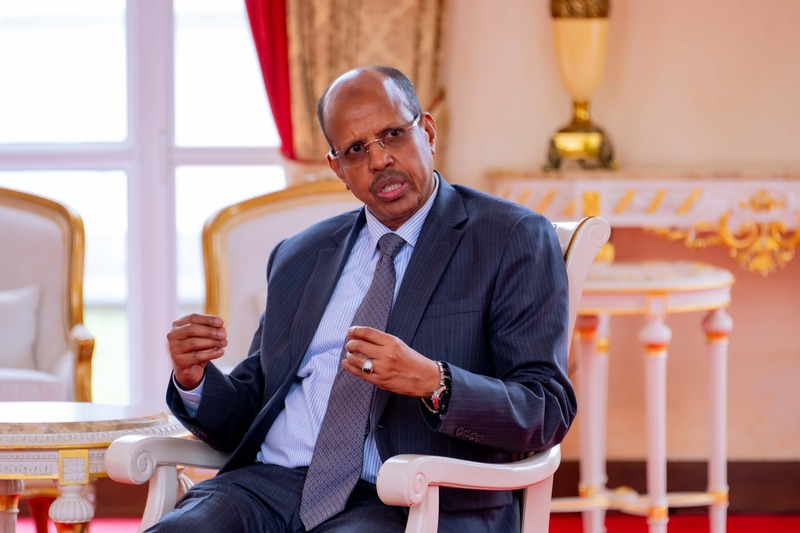 Chairperson of the African Union (AU) Commission, Mahmoud Ali Youssouf. (X/Yoweri Museveni)
Chairperson of the African Union (AU) Commission, Mahmoud Ali Youssouf. (X/Yoweri Museveni)
Somalia’s State Minister for Foreign Affairs, Ali Mohamed Omar, expressed gratitude to the AU, AUSSOM troop-contributing countries, and donors for their support in helping Somalia regain stability, but warned that continued support was essential to safeguard the gains made.
“Somalia’s national army is growing stronger, but we have not yet reached the point where we can win this fight alone. AUSSOM’s success depends not only on boots on the ground but also on sustainable, predictable financing. Without it, we risk losing the hard-won progress achieved through blood and sacrifice,” he said.
“Al-Shabaab has intensified attacks, particularly in Middle and Lower Shabelle. These setbacks are a reminder that terrorism remains a persistent threat not just to Somalia, but to regional stability,” he added.
His Defence counterpart, Jibril Abdirashid Haji, stated that government forces continue to confront Al-Shabaab on the frontlines, with the support of partners, and urged further backing for AUSSOM, a critical partner in the fight against terrorism.
“Today, Somalia stands at a pivotal moment in its security and governance journey. It is no longer the fragile state it once was. We are now a confident and capable member of the international community, charting our destiny through institutions that reflect the aspirations and resilience of our people,” Defence Minister Jibril said.
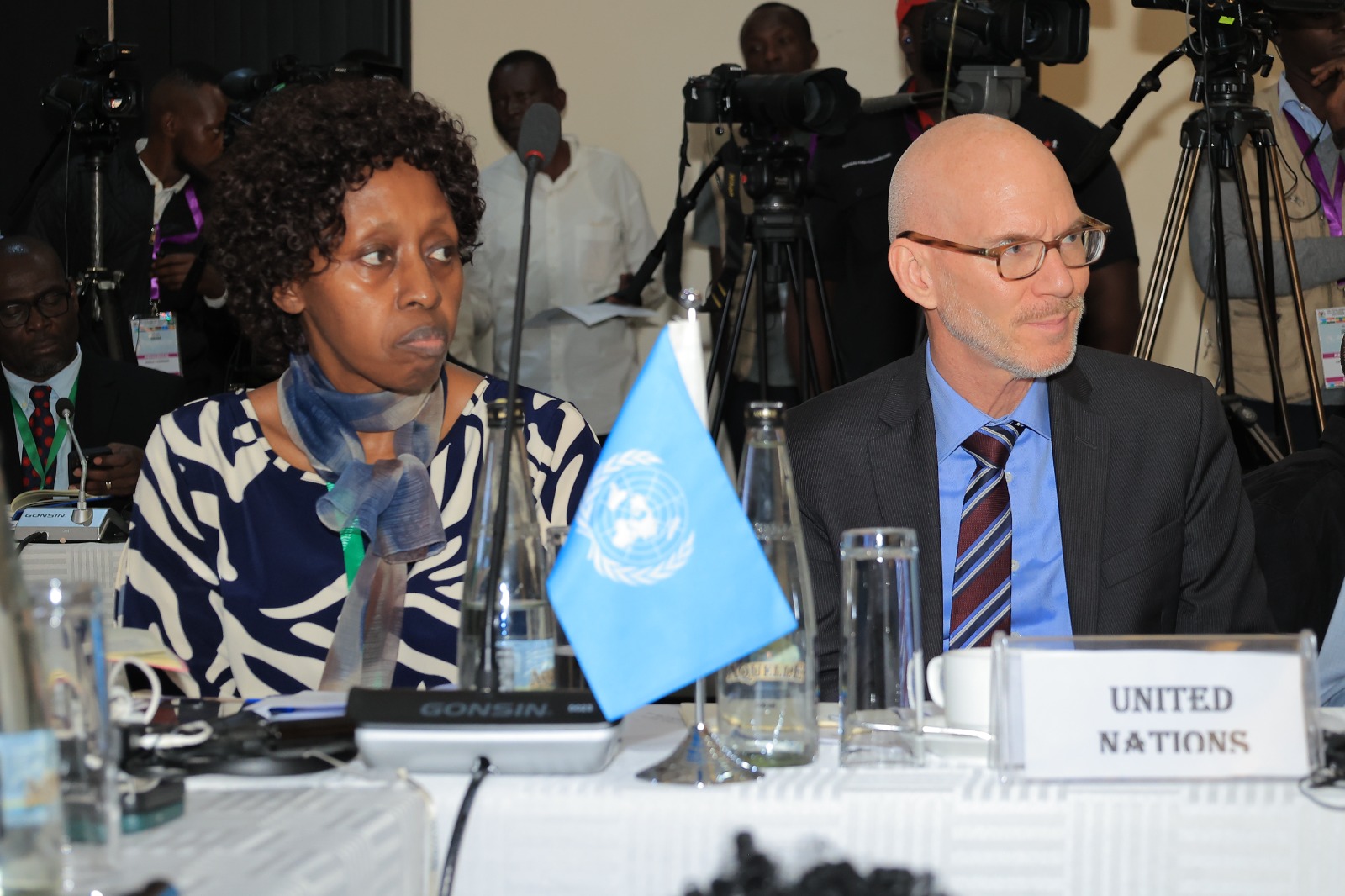 UNSOS Head Amb. Aisa Kacyira and UN Somalia Envoy to Somalia James Swan. (SNTV)
UNSOS Head Amb. Aisa Kacyira and UN Somalia Envoy to Somalia James Swan. (SNTV)
The meeting was also attended by the AU’s Head of Political Affairs, Peace and Security (PAPS) Department, Ambassador Bankole Adeoye; United Nations Envoy to Somalia, James Swan; Ambassador Aisa Kerabo Kacyira, Head of the United Nations Support Office in Somalia (UNSOS); and AUSSOM Force Commander, Lieutenant General Sam Kavuma. UNSOS plays a critical role in providing logistical support to AUSSOM and Somali security forces.
AU peacekeepers have been in Somalia since 2007. They were instrumental in dislodging Al-Shabaab from major urban centres including Mogadishu, Kismayo, Baidoa, and Jowhar. AUSSOM, which currently comprises just over 11,000 troops, operates under a mandate from the UN Security Council. However, a recent shortfall in funding has severely hampered its operations.
Top Stories Today


